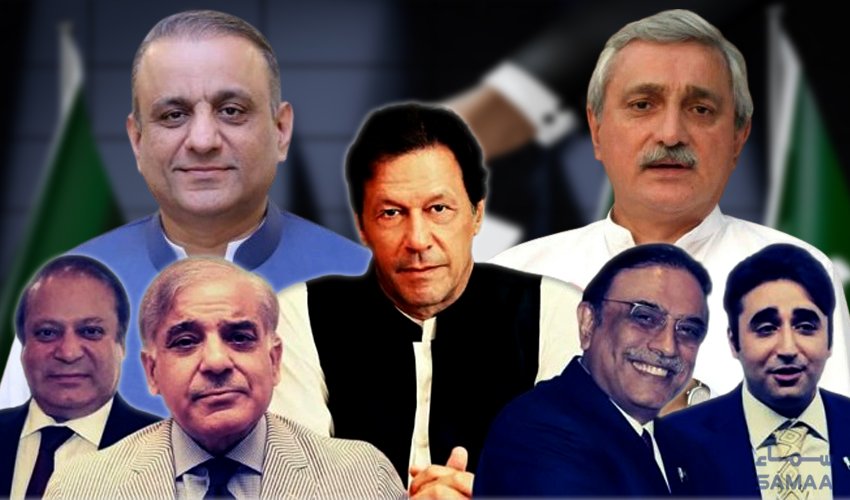Pakistan is about to have its twelfth general election on February 8th, which would be notable not just for the democratic process but also for its exorbitant cost. With the Election Commission of Pakistan (ECP) allotting a budget of 48 billion rupees, this election has drawn notice for being the most expensive in the country’s history. This amount is in sharp contrast to the budgets for the past elections, which were substantially smaller at 21 billion in 2018, 4.7 billion in 2013, and 1.8 billion in 2008.
The increase in allocated funds is not the only notable aspect, the number of people who are registered to vote has also increased significantly over time, rising from 81 million in 2008 to an astounding 128 million in 2024. A growing electorate is reflected in this exponential trend, which drives up the cost per voter, which increased from Rs. 20 in 2008 to Rs. 375 in 2024.
Let’s estimate the whole cost of the election. A candidate for the National Assembly of Pakistan can spend up to 10 million rupees on their campaign; at the moment, 6,448 people are running in the general election. Likewise, there are 12,262 candidates for provincial assemblies, each with a spending limit of 4 million rupees. The total anticipated cost rises to an astounding 178 billion rupees when all costs are added together.
But among the cash extravaganza, there is one very important issue to consider: the impartiality and integrity of the election process. Many Pakistanis have long-standing doubts about the Election Commission’s objectivity. Public impression has been tarnished by claims of bias and favoritism, especially with regard to how political leaders such as Imran Khan, the founder of the Pakistan Tehreek-e-Insaf (PTI) party, have been treated.
The recent incarceration of Imran Khan, the several legal proceedings that have been brought against him, and the convictions that occurred just a few days prior to the election have cast significant doubt on the fairness of the political system in Pakistan. A functional democracy depends on the fairness of the electoral process, which goes beyond simple morality.
The huge expenses involved in the next election would be in vain if it were to violate the fundamentals of free and fair elections. Under such circumstances, it would have been wiser to use the 178 billion rupees allotted to the election process to fund education, which is essential to the growth of the country. Education is a more wise investment for the future of the country since it creates the groundwork for informed citizens and fair participation in the democratic process.
It is crucial that the Election Commission restates its commitment to justice and openness as Pakistan gets ready for its most costly election to date. The country cannot move toward development and prosperous unless it is guided by a truly democratic process.

One thought on “Pakistan’s most expensive election”
It is very difficult to find wrong and right in a flawed system. Your research, facts, and figures are appreciated, but you can’t pinpoint the person responsible for it; it’s just a consequence of the system.
However, it has been a great article I have ever read. I appreciate such work because we have to rectify the system, and the best way to do that is by educating people.